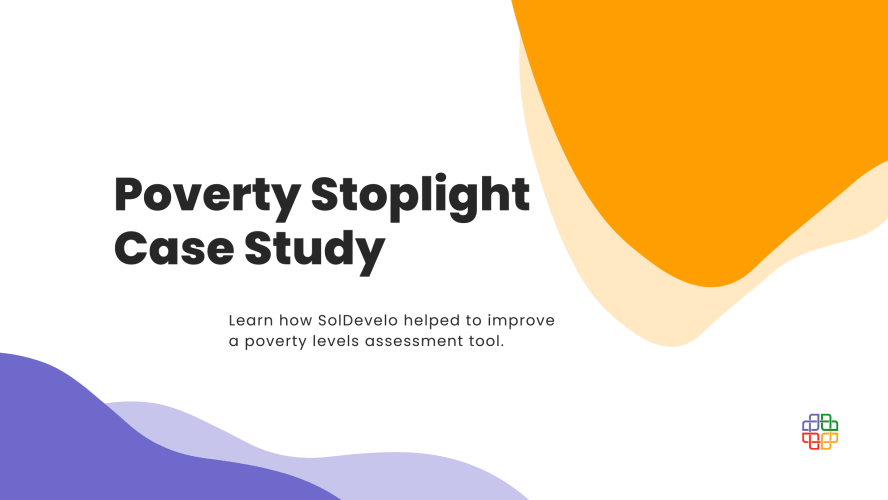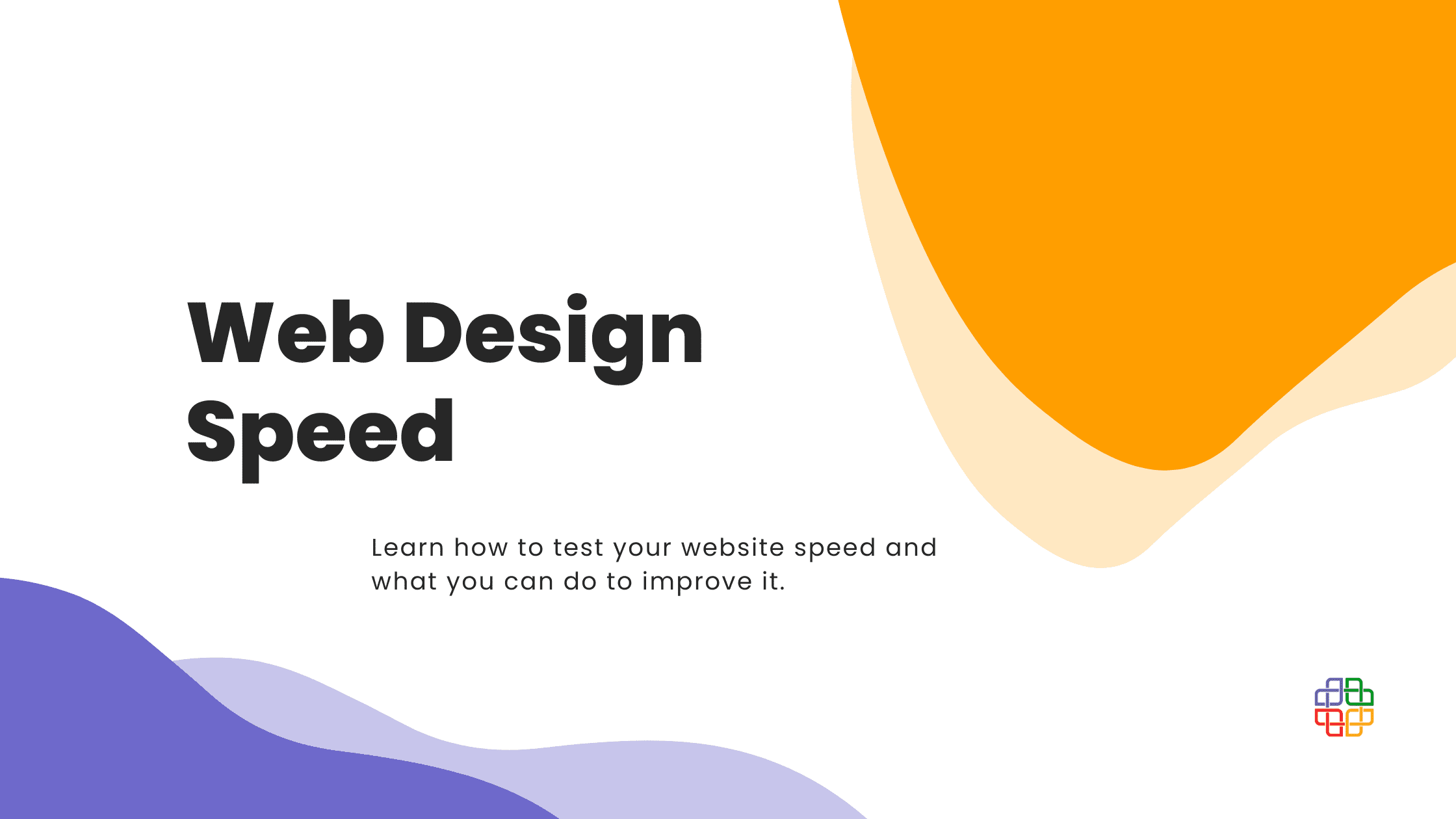“SolDevelo put together an incredible team for this project. Their expertise in ODK and their strong programming skills were essential to the project’s success. They were great partners throughout, who understood both the technology and the social mission. We were pleased with not only the resulting code, but with the knowledge we gained about ODK 2.0.”
Anh Bui
Vice President, Benetech Labs
Many non‐profit organizations are exploring the effectiveness of microfinance loans in poverty alleviation. How it works is that individuals are given small loans (along with access to education and developmental services) in an attempt to assist them in the creation of sustainable streams of income. The aim of this process is to eventually lift them out of poverty. However, to do this we need to assess the level of poverty first.
In this article we will introduce you to Poverty Stoplight – a project created to help poor people around the world to better understand their situation, and eventually aid them in pulling themselves up and taking control over their future.
Benetech

Benetech is a nonprofit organization from the United States. It is dedicated to reducing social and economic inequity in partnership with the communities that it serves through software for social good.
Benetech’s initiatives are transforming how students, jobseekers, and older adults across the globe read, learn, and work. Benetech believes that access to information is a human right, and no person should encounter barriers to education, literacy, or employment due to differences or disability.
Fundación Paraguaya

Fundación Paraguaya (FP) is a Paraguayan nonprofit organization with a mission to develop and implement practical, innovative and sustainable solutions that allow activating the entrepreneurial potential of families to eliminate their multidimensional poverty and live with dignity.
The network work is oriented towards the creation of spaces to belong, to share good practices and experiences, beyond the lines of difference. This has allowed Fundación Paraguaya to generate impact and be recognized worldwide.
Poverty Stoplight: A Smart Tool for Poverty Levels Assessment

Benetech partnered with Fundación Paraguaya to build a data collection platform to help the families that Fundación Paraguaya works with measure their level of poverty and identify and create custom strategies to address their specific needs.
Poverty Stoplight program is being used in many regions throughout the world to assess poverty levels in relation to relief programs.
Fundación Paraguaya developed a series of poverty indicators that can be assessed as green-, yellow-, or red-status (with accompanying visual representations of each status for each indicator). This visual survey can be taken before, during, or at several points following a loan or other program, in order to better understand the way it affected the individual’s quality of life.
Fundación Paraguaya needed a robust data platform that would allow their field staff to administer the survey better, and their partners to scale the methodology around the world.
How we could help
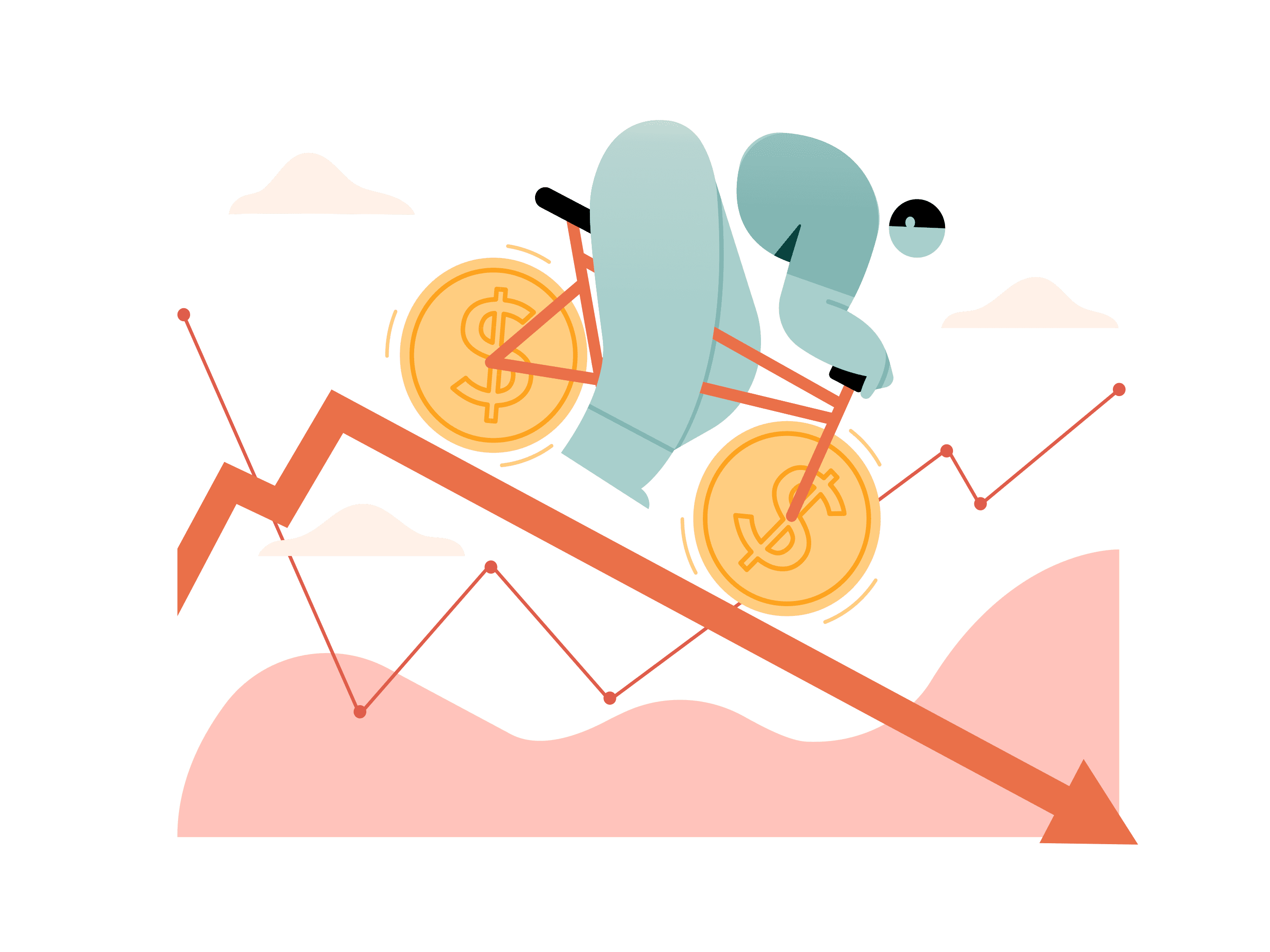
Addressing this use case is the Open Data Kit (ODK), a free and open-source set of tools that helps organizations devise, deploy and manage mobile data collection solutions. This project focused on the 2.0 version of the ODK Tool Suite.
The first goal of the project was to create a baseline platform collecting visual survey results by means of developing a solution built on top of ODK 2.0.
This platform would enable the creation of visual surveys. Surveyors would present them to beneficiaries in the field by using mobile devices, such as tablets. This data would then be sent to a server responsible for collecting them, as well as aggregating or reporting on them. Many of the beneficiaries targeted would be of limited literacy, which had to be reflected in the application, by providing a feature of creating forms that would contain appropriate types of questions.
The second goal was to test and assess the state of ODK 2.0 by determining the platform’s readiness to meet the requirements, as well as getting a sense of its state – the number of bugs and overall stability.
What we did

A team of seven developers worked with Benetech, utilizing ODK 2.0 in order to meet the goals of the project within 2 months.
The team decided to use ODK 2.0 in order to meet FP’s initial requirements, as well as to gain familiarity with the second version of the tool suite. We took an agile approach to the project, in order to deliver as much value as possible, and adapt to any potential shortcomings of the ODK 2.0 platform that could potentially be discovered during implementation.
A solution based on the ODK 2.0 tools was built. It was necessary to fork multiple repositories from ODK 2.0 due to the Application Packager not being implemented yet. The following forks for the three repositories were created:
- ODK Aggregate Server – changes related to data hierarchy and the Docker image were pushed to this fork;
- ODK Survey App – the mobile version for collecting data, and ODK Collect equivalent in version two. We made multiple extensions for it in order to make it meet the requirements;
- ODK Services (previously known as the core) – the basis used by other ODK Tools for services such as database connections, content provisioning, etc. Changes were made to allow syncing only selected forms, as well as downloading and uploading them separately.
How it came out
The outcome of the project was an end‐to‐end prototype for gathering data with the use of mobile devices, as well as aggregating them and reporting on them.
The solution will eventually be deployed for Fundación Paraguaya as a replacement for their current system. The application supports questions geared towards beneficiaries that have limited literacy, who are the primary end-users.
Knowledge of the ODK 2.0 tool suite was also gained during the project, giving both SolDevelo and Benetech a better understanding of where ODK 2.0 is at in terms of stability and usability.
Technologies used
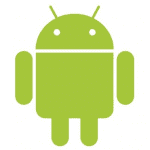
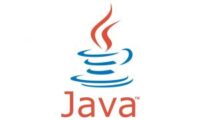
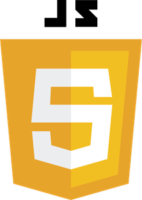
Read more!
If you want to learn more about ODK, read our other case study: VillageReach: Reporting App For Patients With Tuberculosis.

